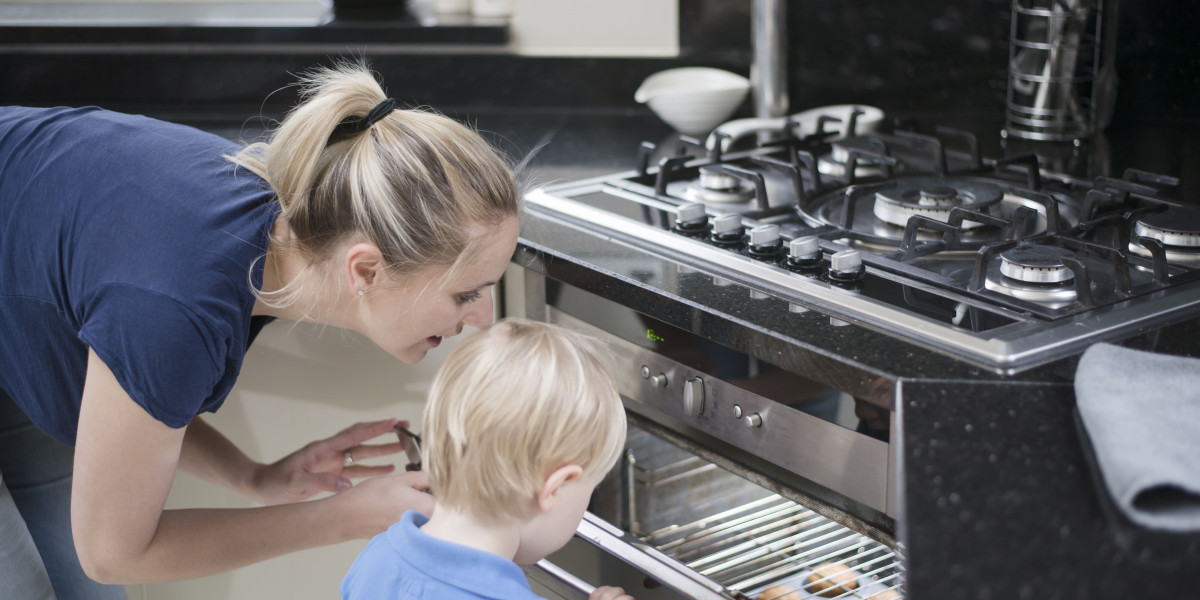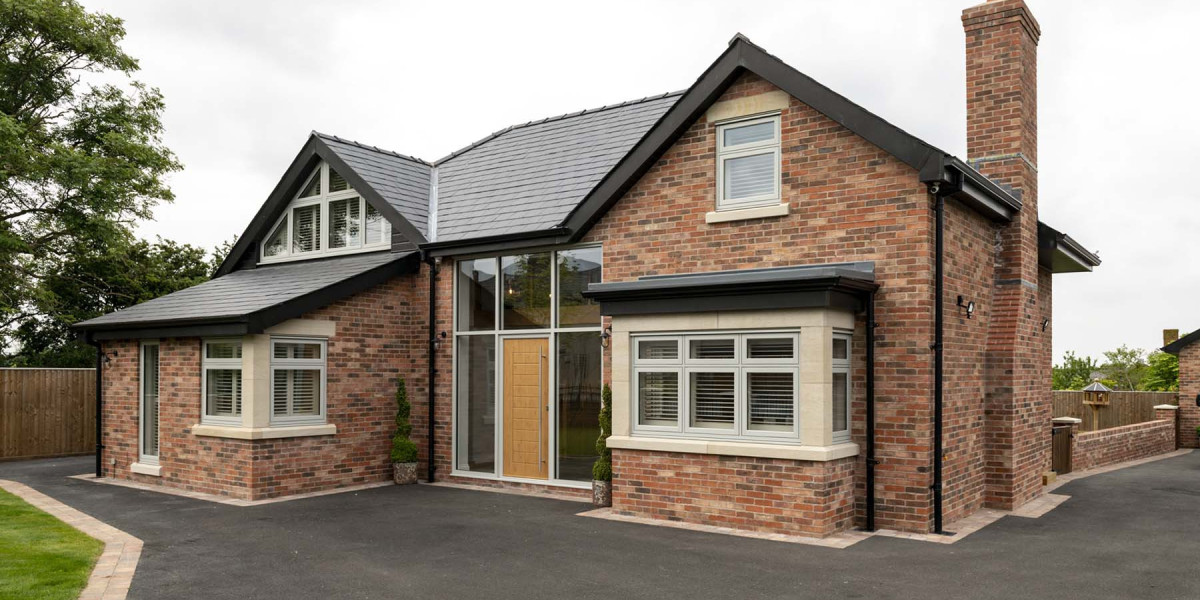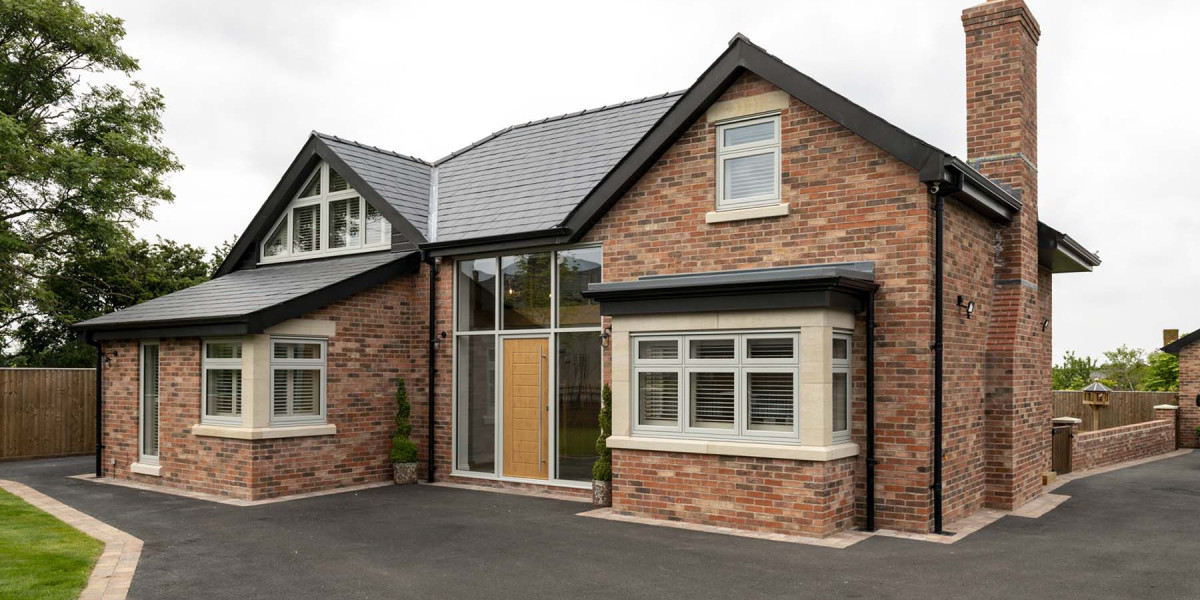The Rise of Integrated Cookers: A Comprehensive Guide
In the rapidly developing world of kitchen technology, integrated cookers have become significantly popular amongst house owners and chefs alike. These multifunctional appliances flawlessly mix into kitchen cabinetry, providing both functionality and aesthetic appeal. This post explores the benefits of integrated cookers, their types, installation factors to consider, and more.
What is an Integrated Cooker?
An integrated cooker is a built-in kitchen home appliance developed to fit within a modular kitchen layout, providing a clean and cohesive appearance. Unlike standalone cookers, integrated cookers occupy less area and often featured extra functions that can improve the culinary experience.
Benefits of Integrated Cookers
- Area Efficiency: Integrated cookers are designed to fit snugly into cabinetry, conserving valuable flooring area in kitchen areas.
- Aesthetic Appeal: With smooth styles that match other kitchen appliances, they add to a structured and contemporary appearance.
- Versatility: Many integrated cookers come geared up with different cooking functions such as baking, grilling, and steaming, supplying more alternatives for meal preparation.
- Enhanced Features: Integrated cookers often include sophisticated technologies, such as wise thermostats and self-cleaning choices, improving functionality and convenience.
- Safety Enhancements: Many models feature features such as child locks and automated shutoff systems, making them safer for household usage.
Types of Integrated Cookers
There is a broad variety of integrated cookers offered, each tailored to particular cooking designs and preferences:
1. Integrated Ovens
- Traditional Ovens: Regular ovens that offer consistent heating perfect for baking and roasting.
- Convection Ovens: These utilize fans to circulate hot air, cooking food more equally and quickly.
- Steam Ovens: Utilize steam technology to keep moisture and vitamins in food while cooking.
2. Integrated Induction Hobs
- Induction Cooktops: Provide quick and effective cooking by utilizing electro-magnetic fields to heat pots and pans straight.
- Ceramic Hobs: Featuring a smooth glass surface, they warm up rapidly and provide easy cleansing.
3. Integrated Microwaves
- Built-in Microwaves: These can be set up into cabinetry and frequently included sophisticated functions like grilling and steaming alternatives.
Crucial Considerations for Installation
When choosing an integrated cooker, particular installation considerations need to be considered to ensure maximum efficiency and safety.

- Space Requirements: Measure the readily available area in the kitchen to choose the ideal size of the cooker.
- Ventilation Needs: Proper ventilation is important, particularly for gas cookers, to avoid the buildup of harmful gases.
- Electric Supply: Ensure that the home's electrical system can handle the power requirements of the brand-new integrated home appliance.
Installation Steps
- Planning: Sketch out the kitchen layout, including the wanted space for the integrated cooker.
- Measurement: Accurately measure the measurements to make sure appropriate fit.
- Preparation: Prepare the surrounding cabinets and electrical connections based on the maker's standards.
- Installation: Follow the producer's setup guidelines or employ an expert for a smooth setup.
Upkeep of Integrated Cookers
Regular Cleaning
- Wipe Surfaces: Utilize a moist cloth to frequently clean down surfaces to avoid accumulation.
- Deep Clean: Conduct a deep tidy utilizing appropriate appliances cleaners frequently.
Routine Checks
- Inspect Seals: Check the door seals to guarantee they are undamaged to maintain cooking effectiveness.
- Test Functions: Regularly test all cooking functions to guarantee they run correctly.
Frequently asked questions
What are the benefits of integrated cookers compared to standalone models?
Integrated cookers conserve area, boost kitchen looks, and often use innovative cooking functions that standalone models might not consist of.

Can I install an integrated cooker myself?
While some house owners may have the ability to set up an integrated cooker, it's advised to engage an expert to ensure appropriate installation and adherence to safety standards.
Are integrated cookers more costly than standard cookers?
Integrated cookers can come at a higher rate point due to their style and advanced functions, however they can provide outstanding value in terms of space-saving and increased performance.
Do integrated cookers need special maintenance?
While they do not require any specific maintenance, keeping them clean and frequently looking for concerns, such as malfunctioning components, is critical.
Are all integrated cookers energy-efficient?
Many modern-day integrated cookers are designed to be energy-efficient, utilizing innovations that decrease energy consumption while supplying effective cooking efficiency.
Integrated cookers represent an impressive development in kitchen innovation, combining functionality with visual appeal. Their flexibility and space-saving designs make them a popular choice for modern cooking areas. By comprehending the various types readily available, installation considerations, and upkeep needs, customers can make educated choices when picking an integrated cooker that perfectly fits their cooking way of life.
With the continuous innovations in kitchen appliances, integrated cookers are likely to stay in high demand, accommodating the developing needs of home cooks and expert chefs alike.



